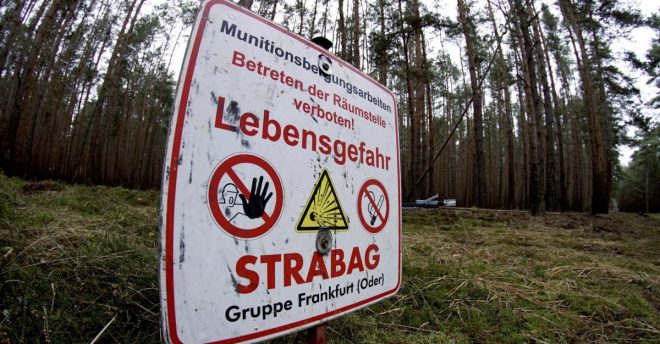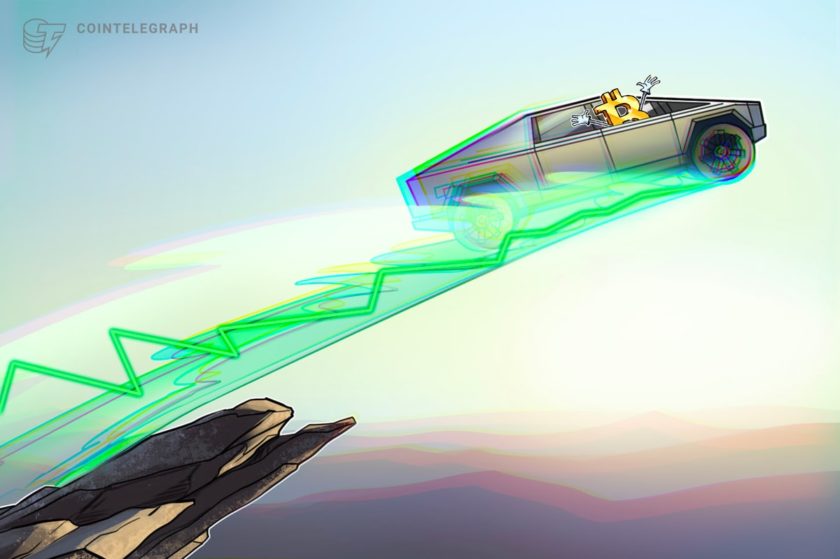- Tesla’s Gigafactory Berlin has hit a major stumbling block as activists try to block its construction.
- Google was once thwarted by local activists when trying to open a tech start-up incubator.
- Elon Musk’s claims that the Gigafactory will have a net positive environmental impact aren’t enough to assuage environmentalists’ worries.
Elon Musk was on the defensive this week after his plans to open a Tesla Gigafactory in Germany were put on hold due to environmental concerns.
Musk bought up a whopping 300 hectares outside of Berlin with the aim of opening a Gigafactory at the site by 2021. Musk ran into his first set of problems in 2019, when he announced the planned factory before securing the necessary planning permission.
Gigafactory Berlin Doomed From the Start
In true Elon Musk style, the billionaire forged ahead when German officials said Tesla could start preparing to build without the correct permits “at its own risk.” Tesla did just that, a move that required chopping down a sizable forest. While Tesla has promised to re-home the area’s wildlife, German environmentalists aren’t happy.
Now, Gruene Liga Brandenburg (Green League of Brandenburg) is opposing the factory, saying it will damage the local environment. This week, the activist group got a German court to forbid Tesla from moving forward with Gigafactory Berlin, saying,
It should not be assumed that the motion seeking legal protection brought by the Green League lacks any chance of succeeding.
That means that Tesla will have to wait until the Green League of Brandenburg’s case against the Gigafactory is examined in order to move forward with construction. Lawmakers have been hesitant to block Tesla from building, saying that it will make Germany a less desirable place to do business. But the hundreds of protesters who came out to voice their disapproval will ultimately be heard.
Google Kicked Out of Germany
This isn’t the first time German activists have scuppered big-business. In 2018, Google encountered a similar ordeal when trying to create a tech start-up incubator. Much to the surprise of Wall Street, Google was defeated by the handful of residents who resisted the plans despite Google’s support from local lawmakers.
Musk Defends Gigafactory on Twitter
It’s possible that Tesla could suffer the same fate. Elon Musk has taken to Twitter in hopes of calming environmentalists’ fears and defend Gigafactory Berlin. He claims the water usage won’t reach the levels cited by activists and has promised to plant new trees for each tree felled in the name of Gigafactory number 4. He also said that the site isn’t a “natural forest,” as it was apparently planted by a cardboard factory.
Musk’s insistence that the Gigafactory Berlin’s “net environmental impact will be extremely positive” did little to calm the naysayers, though. Some pointed to Gigafactory Nevada, the firm’s first battery-making facility. The structure has supposedly been designed to become entirely energy self-reliant— when complete. That’s a big loose end that allows Musk and Tesla to tout the benefits of this imagined future Gigafactory. Tesla admits that the Nevada factory is only about 30% complete.
It has been five years since construction began on Gigafactory Nevada. At that rate, the Nevadans who were sold a promise of a self-reliant structure won’t see its completion for another 15-20 years. From that perspective, it’s understandable that environmentalists in Germany are concerned.
This Week Will Determine Whether Gigafactory Berlin is a Go
This week will be important as to whether Tesla’s German Gigafactory will become a reality. Tesla and government officials in Brandenburg where the factory is to be built have until Tuesday to respond to the court. A final decision on the matter is expected by the end of the week.
To keep the building on schedule, Tesla needs to clear the trees by mid-March. Otherwise, German officials claim the entire project could be pushed back six to nine months. There’s also a chance that the red tape will become too much for Musk and his team, and that Tesla will follow in Google’s footprints.
Earlier in February, Musk teased about the potential for a Gigafactory in Texas— perhaps that’s his backup plan.
This article was edited by Sam Bourgi.
Last modified: February 17, 2020 9:08 PM UTC




